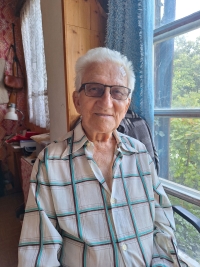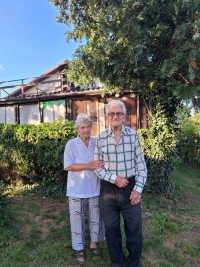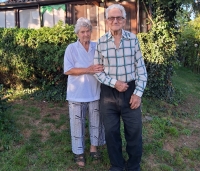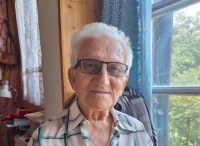After 1948, the private sector began to be prosecuted

Download image
Milan Kunčík was born on 21 August 1934 in Prostějov to Růžena, née Pospíšilová, and Jan Kunčík. Three years later his younger brother Čestmír was born. The family lived in Lutotín. Father Jan Kunčík was a skilled locksmith, mother was a housewife. After the marriage, the father took over the family farm. Gradually, he bought more fields for his parents and they became small farmers. After 1948, they had to join a cooperative farm (JZD). Milan Kunčík lived through the local war events and the liberation of Lutotín. After finishing the municipal school in Kostelec na Hané and JUK, he trained as a shop assistant in the Budoucnost cooperative. For two years he worked as a turner in Sigma Lutín. In 1952-1954 he served his military service, joined the radio operators, and was eventually stationed in Český Těšín. During the military service he graduated from the regimental school in Prague, became a radio station commander. After his return he worked in Sigma Lutín, graduated from the evening secondary technical school. He gradually worked his way up to the position of planner and dispatcher, from which he retired in 1994. In 1958 he married Libuša Šoustalová, a nurse, and they raised their son Dušan (1959). In 1965 they moved to Prostějov, where they lived through the August days of 1968. In 2024 he and his wife were living in Prostějov.




